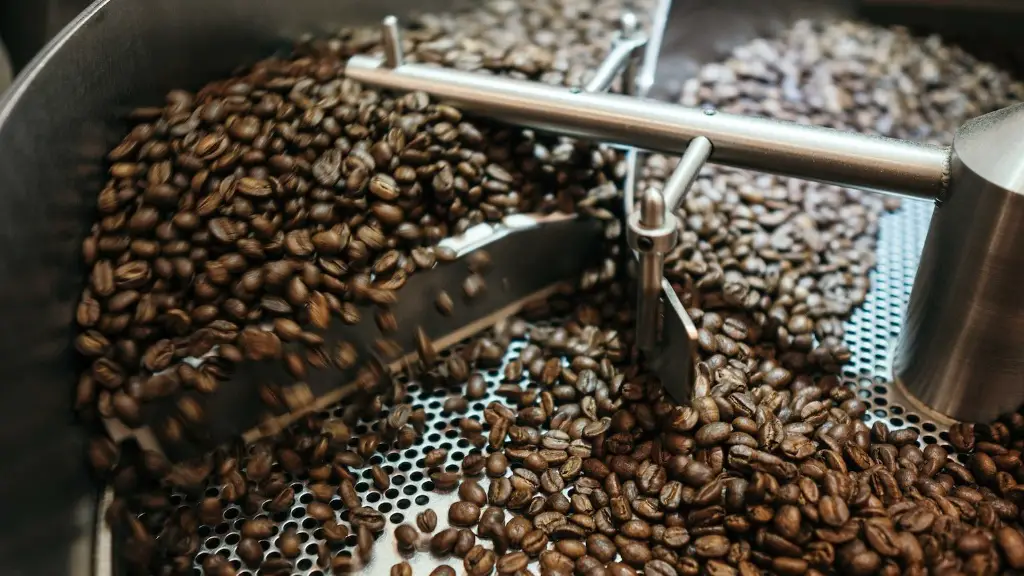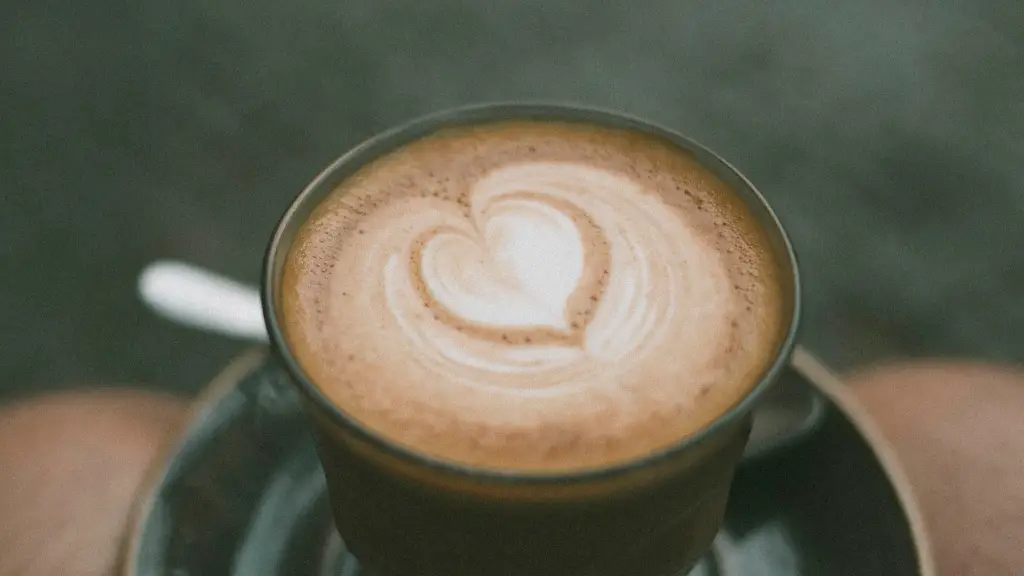The urge to go to the bathroom when one ingests coffee is a common phenomenon, known to all. You may have had the experience of suddenly needing to go to the bathroom after a few sips of coffee. It could be a sign of a medical disorder, or something more common – caffeine overload.
Caffeine is a diuretic. This means that it increases the amount of water needed to be excreted from the body in order to function properly. It can also increase the rate at which those substances are eliminated, thus increasing urination. When coffee is ingested, the diuretic effect causes the kidneys to produce more urine, leading to the urge to pee more often.
The primary effect of the caffeine in coffee is to trigger the production of urine. This is why the body responds differently to different levels of coffee ingestion. A person’s sensitivity to the diuretic effects of coffee can vary from person to person, depending on factors like metabolism, body size, and caffeine sensitivity.
When the body has had an intense workout, or is dehydrated, coffee further exacerbates the problem. This is because the body is already in a state of water balance, and coffee’s diuretic effect further disrupts that balance. This can result in higher levels of urination, as the body’s systems respond to both coffee-related and non-coffee-related dehydration.
There are a few things that can be done to reduce the urge to go to the bathroom when drinking coffee. Firstly, drink moderately. Too much coffee can lead to dehydration, which can result in more frequent urination. Secondly, drink plenty of water between coffee intakes. Water helps to balance out the caffeinated boost, and restores the body’s balance of fluids. Lastly, switch to decaf. Decaf coffee contains a much lower level of caffeine than regular coffee, and thus will not cause the same diuretic effect.
What are the long term effects
When it comes to long-term effects, medical experts agree that it is important to monitor the amount of caffeine consumed on a daily basis. Too much caffeine can eventually cause dehydration due to frequent urination, leading to a range of health problems. It is recommended that a person consume no more than 400mg of caffeine per day, with pregnant women and people with certain medical conditions advised to consume even fewer.
Caffeine can also cause an increase in heart rate, an effect which can also lead to dehydration. That is why it is important to pay attention to any effects that one may be experiencing when ingesting caffeine in any form. It is also important to remember that caffeine consumption should be avoided if one is feeling tired or worn out.
If someone finds that they are having frequent urination after drinking coffee, it is advisable to consume less coffee and more water. Additionally, it would be useful to visit a doctor in order to rule out any medical conditions that may be causing this symptom.
Does drinking coffee make us smarter?
Many people have claimed that coffee helps to make them smarter. However, there is no clear evidence that indicates that coffee consumption can lead to any dramatic improvements in cognitive performance. Studies have suggested that coffee consumption may lead to a slight increase in alertness, but no significant boosts in cognitive performance.
Caffeine has also been associated with increased levels of dopamine, which could make one feel happier. But, the effects may be temporary, and in the long-term, overconsumption of caffeine can lead to adverse effects on health and well-being. Furthermore, according to experts, the effects of caffeine are not the same for everyone.
So, if one finds that drinking coffee does not make them smarter or more alert, then it is best to avoid overconsumption of it. Also, since caffeine is also present in energy drinks, it is important to moderate the intake of these beverages as well.
Does drinking coffee help with weight loss?
Coffee has many health benefits, but one of the most common questions surrounding it is its potential to help with weight loss. Many studies have been conducted to test this hypothesis, but unfortunately, results have been inconclusive. The majority of studies have failed to demonstrate any link between coffee consumption and weight loss.
The effects of caffeine on metabolism and appetite remain complex and ultimately depend on individual factors. Some individuals may find that coffee can help to suppress appetite, while for others it may have the opposite effect. Additionally, caffeinated beverages, such as coffee, usually contain calories which can contribute to weight gain if consumed in excess.
In conclusion, while it is clear that coffee has many health benefits and can be part of a balanced diet, it is unlikely that it will help an individual to lose weight. It is important to maintain a balanced diet and healthy lifestyle to achieve and sustain any weight loss goals.
How does coffee affect our sleep patterns?
Coffee is often a source of debate among scientists, particularly when it comes to the effects of the beverage on sleep patterns. Many people have experienced difficulty in falling asleep after drinking coffee, due to its known stimulative effects.
When caffeine is consumed in the morning, it stimulates the body and the brain and helps to keep one alert and energetic, while also helping to improve focus and concentration. When consumed later in the day, however, it can interfere with the individual’s sleep patterns, making it difficult to fall asleep. This is because caffeine affects the body’s ability to relax, thus making it more difficult to drift off.
In order to help with this difficulty, it is recommended to reduce or eliminate coffee consumption during the late afternoon and evening. If one is particularly sensitive to caffeine, it is advised to avoid coffee altogether in the later parts of the day. Additionally, it is important to practice good sleep hygiene and maintain a regular sleeping routine in order to help the body to relax and get ready for sleep.




